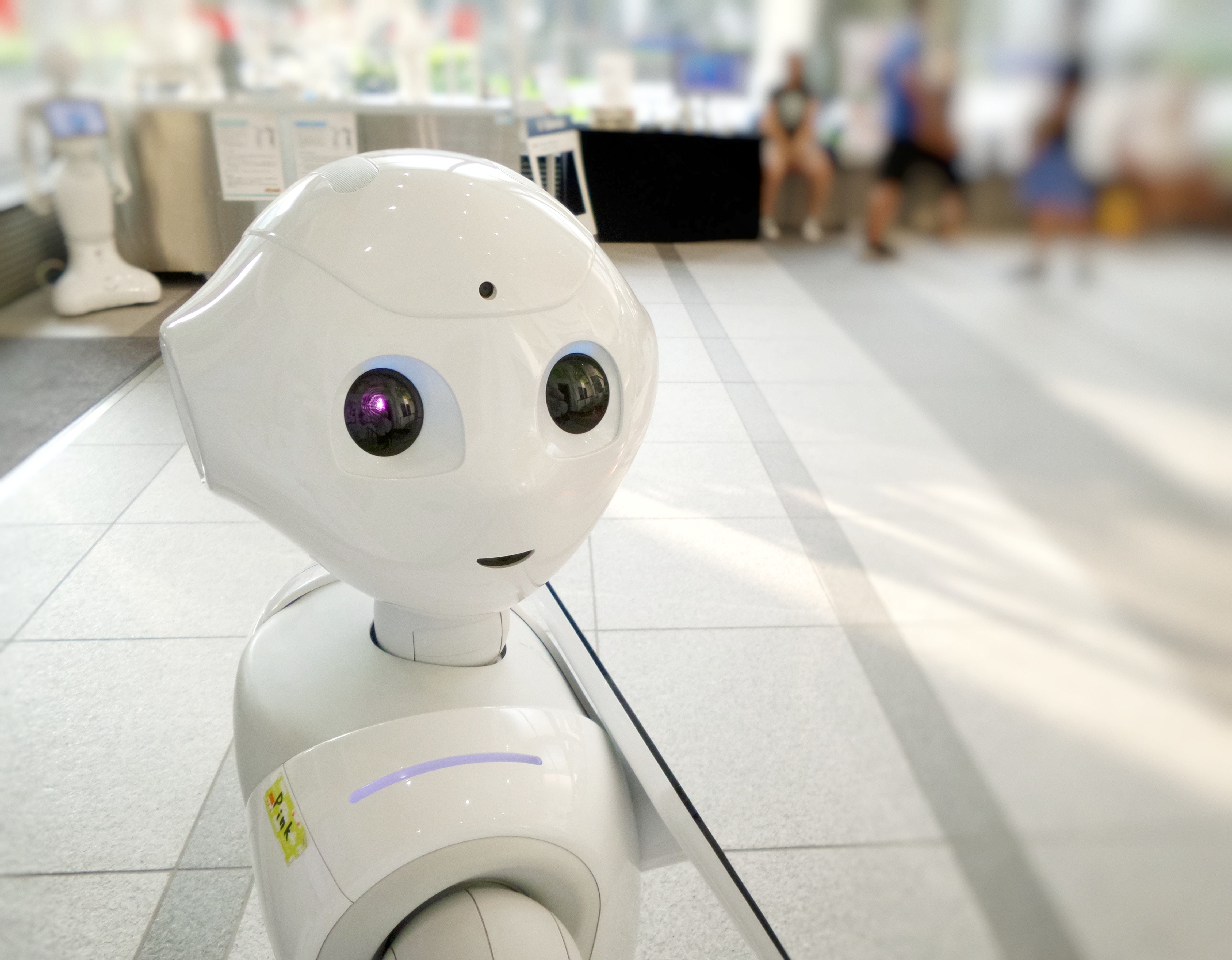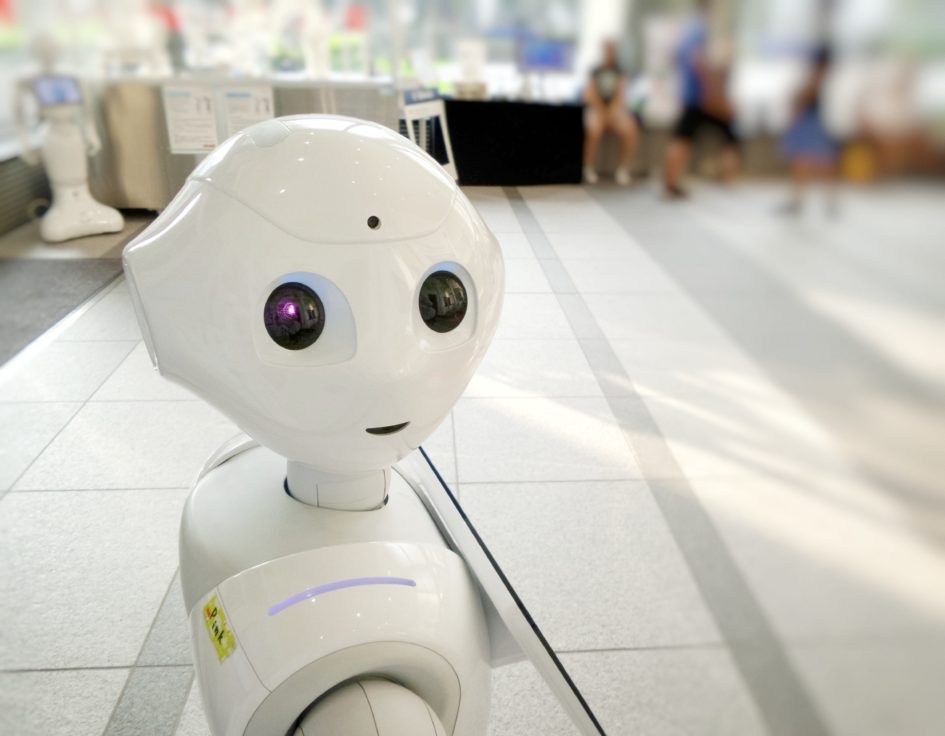As current patent law stands only a human individual can file as an inventor on a patent who conceived of the idea. Defined as “the formation in the mind of the inventor of a definite and permanent idea of the complete and operative invention as it is thereafter to be applied in practice.” Some people want to change the patent law to allow computers to receive patents.
| Yes | No |
| Artificial Intelligence (AI) systems have been making patentable inventions for over 20 years, (e.g. The Creativity Machine composing music and inventing the design of the Oral-B CrossAction toothbrushes).
Without a change in the law there will be less innovation, caused by uncertainty, which would prevent industry capitalising on potential of creative computers. We could see disputes over inventorship, with individuals taking credit for inventions that are not genuinely theirs. |
If a computer’s programming is sophisticated enough that it can “invent,” the patent should go to the copyrighted software designer or the owner of the machine because it would be their inventions (or property) that actually enabled the patentable discovery to be made.
Allowing computers to receive patents would be destructive to humans by transforming objects into “persons.”
|
Sources: http://buff.ly/2eq1Nv8 and http://www.evolutionnews.org/2016/11/computers_shoul103253.html



